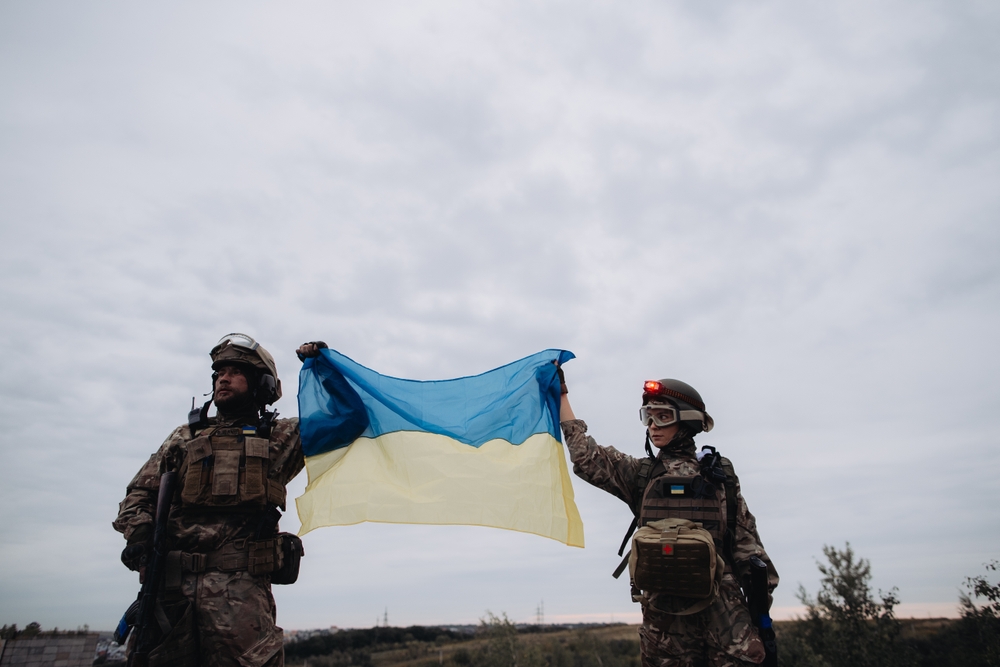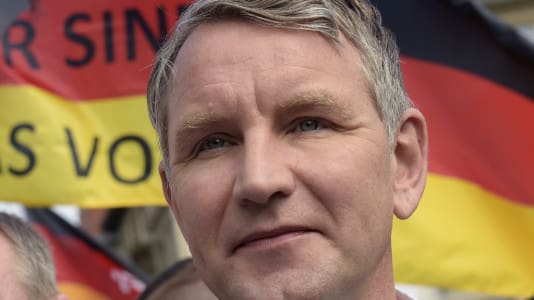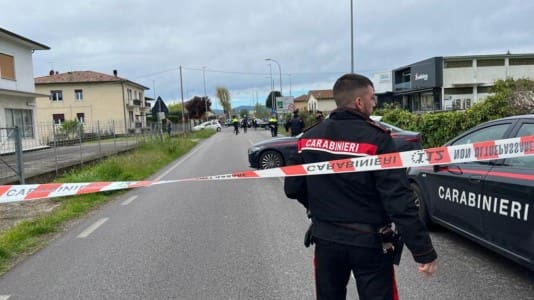The end of the conflict in Ukraine must see Russia wholly defeated and withdrawn from all Ukrainian territories including Crimea, or the West risks legitimizing the hostile tactics of “authoritarian lunatics who think that it is okay to invade their neighbors,” the prime ministers of Poland, Slovakia, and Czechia warned in an article published on Monday.
Writing for the U.S. magazine Foreign Affairs, the leaders of three of the four Visegrád Group nations, with the exclusion of neutral Hungary, claimed that a partial victory for Ukraine “will solve nothing,” and urged Western allies to continue supporting Ukraine “until Russian forces withdraw from its territory entirely, putting a definitive end to the Kremlin’s revanchism and imperialism.”
The leaders stated that any talk of peace negotiations that do not result in Russia leaving Ukrainian territory would bring long-term instability and risk security and economic concerns in the region down the line. “It would allow Russia to regroup and rebuild its forces while continuing to wage political warfare and export its imperial ideology,” they added.
“Our call should be taken seriously: if Russia wins and Ukraine falls, central Europe may well be next. Accordingly, defeating Russia now, in Ukraine, will reduce the chances of Ukraine’s backers’ having to spill their own blood and further treasure later.”
‘The Free World Must Stay the Course on Ukraine,’ published April 24, 2023
The three leaders praised the solidarity much of Europe has shown in its unwavering support and lauded U.S. President Joe Biden for his recent visit to the region and continued commitment to the cause.
They stated that their nations’ history had left them well versed in the dangers of Russian aggression, recounting their experience of Soviet “totalitarianism, occupation, deportations, and massacres.”
“That is why the leaders from our region were the first to visit President Volodymyr Zelensky in besieged Kyiv. It is also why our nations have taken in millions of refugees—and from the first days of the Russian invasion, shipped military, economic, and humanitarian aid to Ukraine,” they wrote.
The trio praised the action taken by the International Criminal Court with respect to indicting Russian President Vladimir Putin for war crimes, and urged the West to go further in establishing a special tribunal to expand these accusations to members of Russia’s top leadership team to ensure they are held accountable for their part in the invasion and illegal occupation of Ukraine.
“We are also proposing the confiscation of Russian assets and reserves, which are estimated at $350 billion to $400 billion in the West. These funds could, and should, be used for the postwar reconstruction of Ukraine,” they added.
The article is the latest evidence of the seismic divide on the Ukrainian issue between the three countries and the remaining Visegrád Group member, Hungary. On the contrary to the policies advocated by the trio in this publication, the Hungarian government has retained a stance of neutrality in the conflict, insisting it will be dragged into a war that serves no interest to the Hungarian people.
[pp id=32240]
The Polish, Slovak, and Czech leaders also urged the West to begin discussing post-war policy for the future of Ukraine to guarantee both its economic and national security. This would include substantial investment to enable the sustainable reconstruction of the country decimated by the conflict, in addition to NATO outlining a “clear and credible path” for Ukraine’s accession to the defense alliance.
Until such a time, the trio called on the West to “be ready to provide security guarantees, beyond political assurances, that prevent Ukraine from becoming a gray zone once and for all,” warning that gray zones create “opportunities for authoritarian regimes to sow instability and heighten tensions.”
With regard to Russia, the Central European leaders called for a hardline approach that promotes deterrence and strength, arguing that the long-standing principle of “talking to a wall will not bring a change in Russian behavior.”
Instead, a policy of containment should be adopted, they argue, with “military strength, hard-hitting sanctions, Russia’s isolation, and transatlantic unity serving as key tenets of our strategy.”






